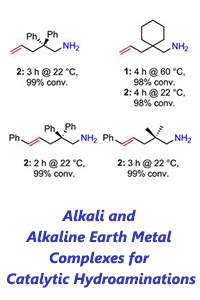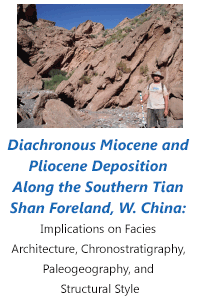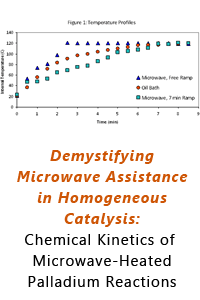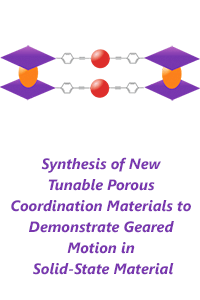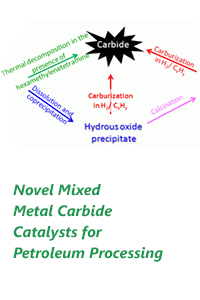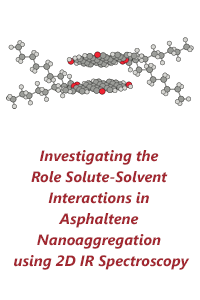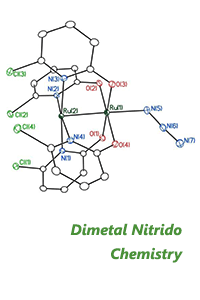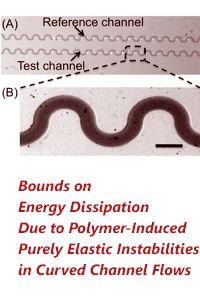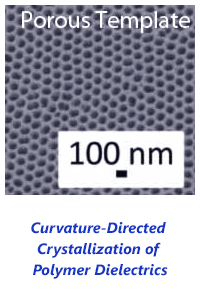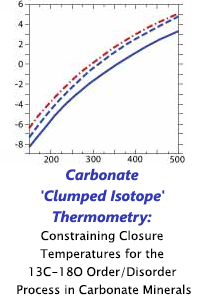57th Annual Report on Research 2012 Under Sponsorship of the ACS Petroleum Research Fund
Director's Comments 2012 Annual Report
There is good news to share regarding the financial status of the ACS Petroleum Research Fund (PRF). The value of the Fund as of December 31, 2012 is $473 million, which is an increase of $32 million compared to 2011. Additionally, the ACS PRF Reserve fund is closer to the target minimum of $28 million having increased in value to $24 million. In 2012, ACS PRF funded 178 research grants totaling $16.2 million and we are grateful to the community of scientific reviewers who assist the PRF staff in determining which proposals to fund. The progress reports published on this website provide a synopsis of the excellent research supported by ACS PRF.
Evaluation of all grant proposals submitted to the ACS PRF depends on the assistance of peer experts who volunteer their expertise to provide external reviews. In this respect, ACS PRF is identical to other funding agencies that also rely on anonymous peer reviews to provide assistance in the evaluation of proposals.
In the past few years, ACS PRF Program Managers have experienced progressively greater difficulty in acquiring sufficient peer reviews on behalf of the ACS PRF Advisory Board. A common response to a review request is that the reviewer is too busy writing their own proposals to take the time to provide a review. From our experience, it appears that "reviewer fatigue" is common in all scientific disciplines supported by ACS PRF grants. Furthermore, from conversations with Program Managers at other funding agencies, it appears that the lack of qualified peer evaluators who are willing to take the time to evaluate grant proposals is becoming more prevalent.
We understand that reviewing is time-intensive and perhaps under-appreciated by administrators and supervisors. ACS PRF Program Managers attempt to obtain 2-4 peer reviews for each proposal submitted for funding consideration. The selection of potential reviewers considers many factors such as the frequency of previous review requests and the potential for conflicts of interest. Also, it is an ACS PRF policy to send only one review request to anyone during a proposal evaluation cycle, so the most we would ever ask of any individual is two reviews per year. On average, the results for transmitted review requests for 2012 were as follows:
- accepted and reviews returned40%
- accepted but not reviewed10%
- formally rejected24%
- no response26%
Our Program Managers continuously work to improve our automated system for the issuance and receipt of review information, as well as to develop analytics to better target the best potential reviewers for a given proposal.
Without anonymous peer reviews, the committee members of the ACS PRF Advisory Board must rely on their own expertise to make funding recommendations. Given the scope of science and engineering supported by ACS PRF and the volume of proposals received, it is impossible to assemble an advisory board with sufficient expertise to cover all disciplines of the funding requests.
After funding recommendations are made, we forward excerpts of reviewer comments―edited to protect the reviewer's identity―to all principal investigators. These comments are perhaps most appreciated by those whose applications are declined, due to the valuable insight provided on how they might improve their proposals.
A recent report on a Committee of Visitors (COV) Assessment of the NSF Directorate of Geosciences (EOS, Transactions of the American Geophysical Union v. 93, no. 51, 18 December 2012), indicated that for a three-year period, the return rate for mail reviews ranged from approximately 50% to 70%. Since each of these proposals had at least three reviews, the COV stated that this review rate "implies, by the way, that you should be prepared to review three proposals for each one you submit."
So, the next time you receive a request to provide a peer review of a proposal, remember that you will need your colleagues to return this favor at some point. Is it too much to ask for an hour or two of your time to assist in the identification of the most-competitive scientific/engineering research? In this annual report you can read about the innovative research funded by ACS PRF in 2012 and in past years, which was conducted by principal investigators and students throughout the United States and other countries.
Ronald E. Siatkowski, Ph.D., FAIC
Director, Office of Research Grants
and The ACS Petroleum Research Fund

